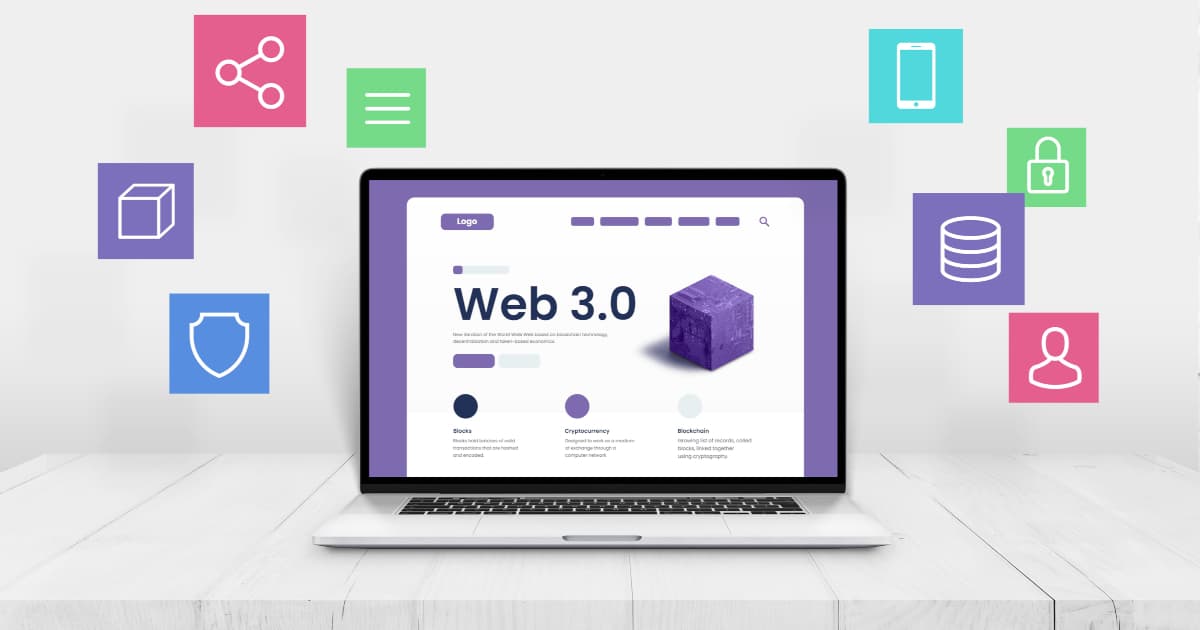
Tokenization Poised to Reshape Global Financial Markets Through Blockchain Technology
TL;DR
Tokenization offers investors faster transaction settlement and new market access, providing competitive advantages in global financial markets.
Tokenization converts traditional assets like stocks and bonds into digital tokens recorded on blockchain for instant trading and settlement.
Tokenization democratizes financial markets by making asset trading more accessible and efficient, improving global economic participation.
Wall Street and crypto firms are transforming real-world assets into blockchain tokens that reshape how global markets operate.
The financial industry is undergoing rapid transformation as tokenization emerges as a pivotal technology that could fundamentally alter how global markets operate. Both traditional Wall Street institutions and the cryptocurrency sector are aligning around the concept of converting real-world assets such as stocks, bonds, and funds into digital tokens recorded and traded on blockchain networks.
Tokenization represents a significant shift in financial infrastructure by enabling traditional assets to be digitized and managed through blockchain technology. This approach allows investors to execute near-instantaneous buying, selling, and settlement of transactions, potentially eliminating many of the delays and intermediaries that characterize current market operations. The efficiency gains from this technological advancement could reshape liquidity, accessibility, and transparency across financial markets worldwide.
As tokenization gains broader acceptance within financial markets, the ripple effects extend throughout the broader blockchain ecosystem. Companies engaged in cryptocurrency mining, such as MARA Holdings Inc. (NASDAQ: MARA), stand to benefit from increased blockchain adoption and utilization. The growing demand for blockchain infrastructure to support tokenized assets could create new revenue streams and growth opportunities for mining operations and other blockchain service providers.
The convergence of traditional finance and blockchain technology through tokenization represents more than just a technical innovation—it signals a fundamental restructuring of market architecture. By digitizing assets that have traditionally existed in paper or electronic form within centralized systems, tokenization introduces the potential for 24/7 global trading, fractional ownership of high-value assets, and reduced counterparty risk through transparent settlement mechanisms.
This transformation extends beyond mere technical efficiency. Tokenization could democratize access to investment opportunities that have historically been available only to institutional investors or high-net-worth individuals. Real estate, private equity, and other traditionally illiquid assets could become more accessible to retail investors through fractional token ownership, potentially reshaping wealth distribution and investment patterns across global economies.
The implications for regulatory frameworks, market surveillance, and investor protection are substantial as tokenization evolves. Market participants and regulators alike must navigate the intersection of established financial regulations with emerging blockchain governance models. The successful integration of tokenized assets into mainstream finance will require collaboration between traditional financial institutions, blockchain developers, and regulatory bodies to ensure market stability and investor confidence.
As this technological shift progresses, the entire financial ecosystem—from asset managers and exchanges to custodians and settlement systems—faces both disruption and opportunity. Companies that successfully adapt to and leverage tokenization technologies may gain competitive advantages in efficiency, cost structure, and market reach. The transition toward tokenized assets represents not just an incremental improvement but a potential paradigm shift in how value is created, transferred, and stored across global financial systems.
Curated from InvestorBrandNetwork (IBN)
